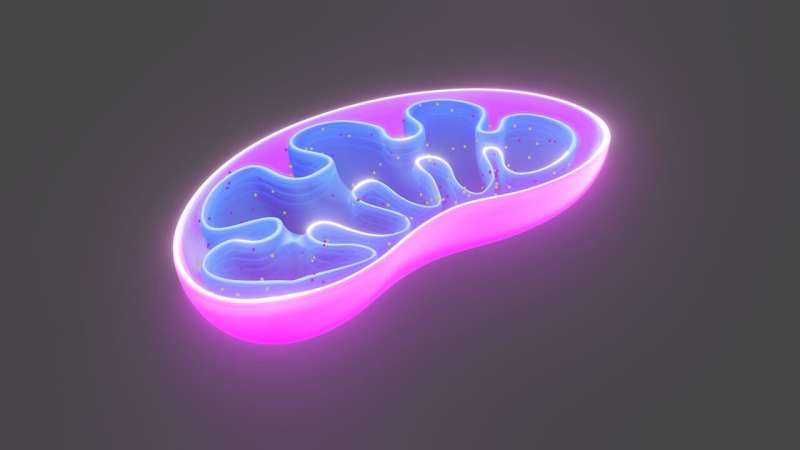Credit: Pixabay/CC0 Public Domain
A new meta-analysis published in OMICS: A Journal of Integrative Biology helps shed light on how changes in mitochondria-related gene expression may cause the cardiotoxicity associated with the cancer therapy trastuzumab.
Trastuzumab is a monoclonal antibody used in oncotherapy to treat HER2-positive tumors including breast and other cancers. As an adverse effect, trastuzumab elevates the risk of heart failure, implying the involvement of energy production and mitochondrial processes.
Karoline dos Santos Rodrigues, from Universidade Federal do Rio Grande do Sul, Porto Alegre, Brazil, and co-authors performed a meta-analysis of mitochondria-related gene expression data in trastuzumab-treated cardiomyocytes. They analyzed 1,243 genes and observed 69 up-regulated genes after trastuzumab treatment and 37 down-regulated genes.
"The meta-analysis indicates that trastuzumab therapy causes an unbalance in mitochondrial functions, which could in part help explain the development of heart failure and yields a list of potential molecular targets," concluded the investigators.
"Trastuzumab is a frequently prescribed cancer therapy in oncology clinics around the world. The analyses by Rodrigues and colleagues offer innovative insights on mitochondrial dysfunction in an effort to understand the mechanisms of trastuzumab cardiotoxicity. The findings also inform future drug discovery and precision oncology research. I welcome manuscripts on precision/personalized medicine for peer-review in the journal," says Vural Özdemir, MD, Ph.D., DABCP, Editor-in-Chief of OMICS.
More information: Karoline dos Santos Rodrigues et al, What Powers Trastuzumab's Cardiotoxicity? Decoding Mitochondrial-Related Gene Expression Through Integrative Review and Meta-Analysis in Cardiomyocytes, OMICS: A Journal of Integrative Biology (2024). DOI: 10.1089/omi.2024.0004
Provided by Mary Ann Liebert, Inc























